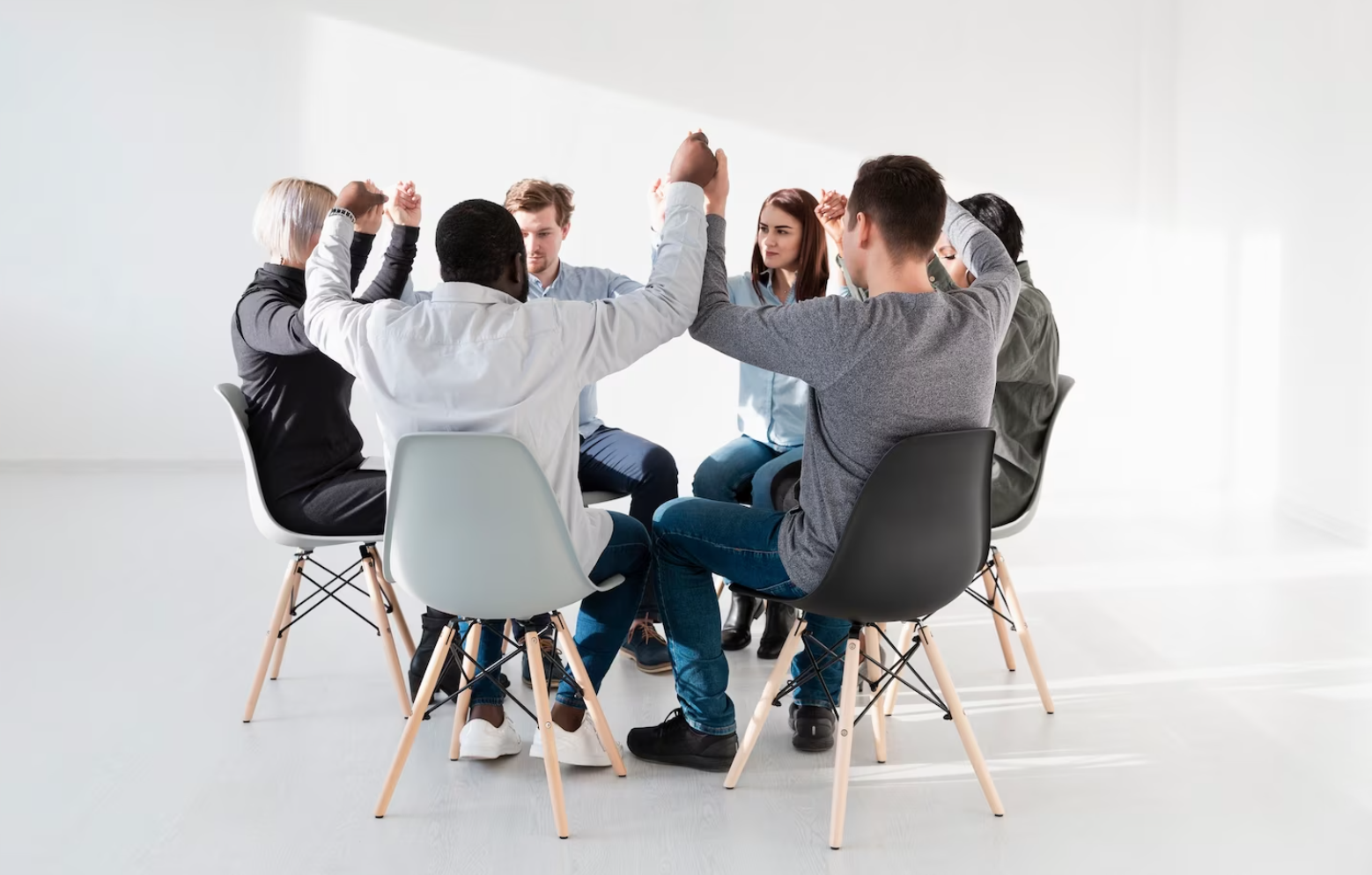The Right to Peaceful Assembly and Association: Empowering Collective Voices for Social Change

In this blog post, we will explore the right to peaceful assembly and association, its definition, historical significance, challenges, and ways to contribute to its promotion. This fundamental human right ensures individuals can gather, express their opinions, and form associations to advocate for social change and defend their collective interests.

Historical Significance

Throughout history, the right to peaceful assembly and association has played a pivotal role in driving social and political change. Examples include:
- Civil Rights Movement: In the United States during the 1950s and 1960s, peaceful assemblies and associations such as the Montgomery Bus Boycott and the March on Washington played a significant role in combating racial segregation and demanding equal rights for African Americans.
- Anti-Apartheid Movement: In South Africa, the anti-apartheid movement utilized peaceful assemblies, protests, and associations like the African National Congress (ANC) to challenge racial segregation and advocate for democracy and equality.
- Arab Spring: In the early 2010s, peaceful assemblies and associations across several Arab countries, including Tunisia, Egypt, and Syria, played a vital role in demanding political reform, freedom, and democracy.
Challenges

Despite its importance, the right to peaceful assembly and association faces challenges in many parts of the world. These challenges include:
- Repression and State Control: Governments may impose restrictions, use excessive force, or suppress peaceful assemblies and associations, violating individuals' rights and stifling freedom of expression and dissent.
- Criminalization and Legal Barriers: Some countries have laws that criminalize peaceful assembly or impose strict regulations, making it difficult for individuals to exercise their right freely and safely.
- Social Stigma and Intimidation: Activists and human rights defenders may face intimidation, harassment, or societal backlash when exercising their right to peaceful assembly and association.
Contributing to the Promotion

Individuals and organizations can contribute to the promotion of the right to peaceful assembly and association in the following ways:
- Raise Awareness: Educate others about the importance of this right, its significance in fostering democratic societies, and the role it plays in social change.
- Support Human Rights Defenders: Stand in solidarity with activists and human rights defenders facing threats or reprisals for exercising their right to peaceful assembly and association.
- Advocate for Legal Reforms: Push for the repeal or amendment of laws that impose unnecessary restrictions on the right to peaceful assembly and association, ensuring they align with international human rights standards.

The right to peaceful assembly and association is a fundamental human right that empowers individuals to come together, express their opinions, and advocate for social change. By recognizing and promoting this right, societies can foster dialogue, democratic participation, and collective action. Through awareness, support for human rights defenders, and advocacy for legal reforms, individuals can contribute to the protection and promotion of this essential right, creating more inclusive and just societies.
Sources:
- Universal Declaration of Human Rights: http://www.un.org/en/universal-declaration-human-rights/
- United Nations Human Rights Council: https://www.ohchr.org/en/hrbodies/hrc/pages/home.aspx
- Amnesty International: https://www.amnesty.org/en/
- Human Rights Watch: https://www.hrw.org/









